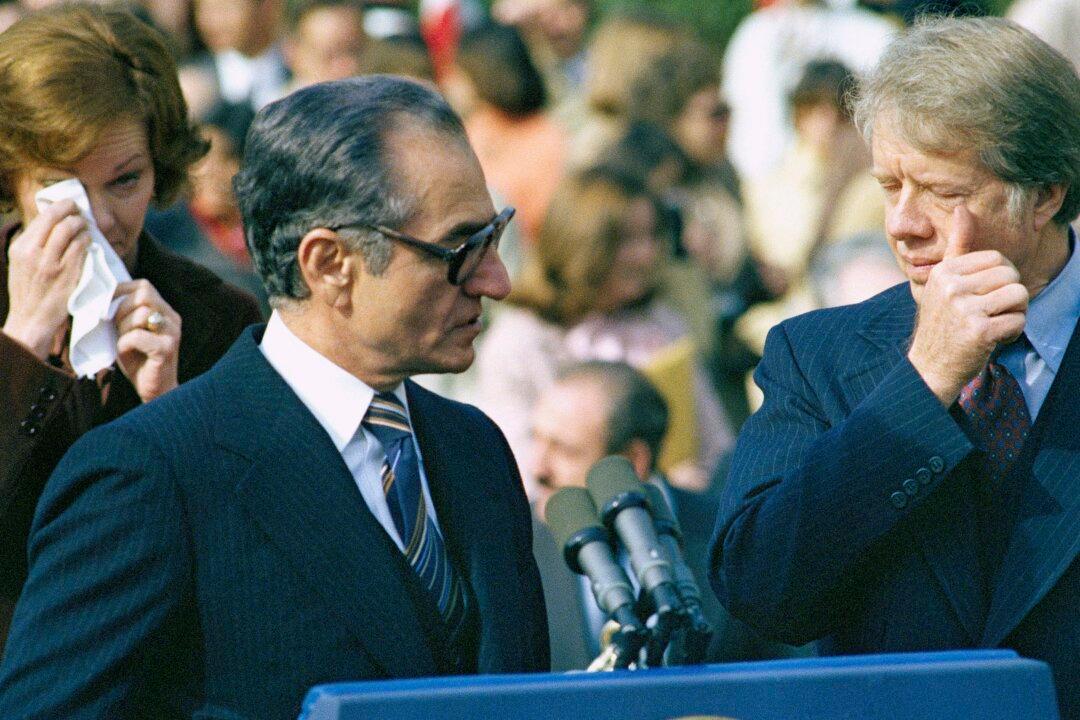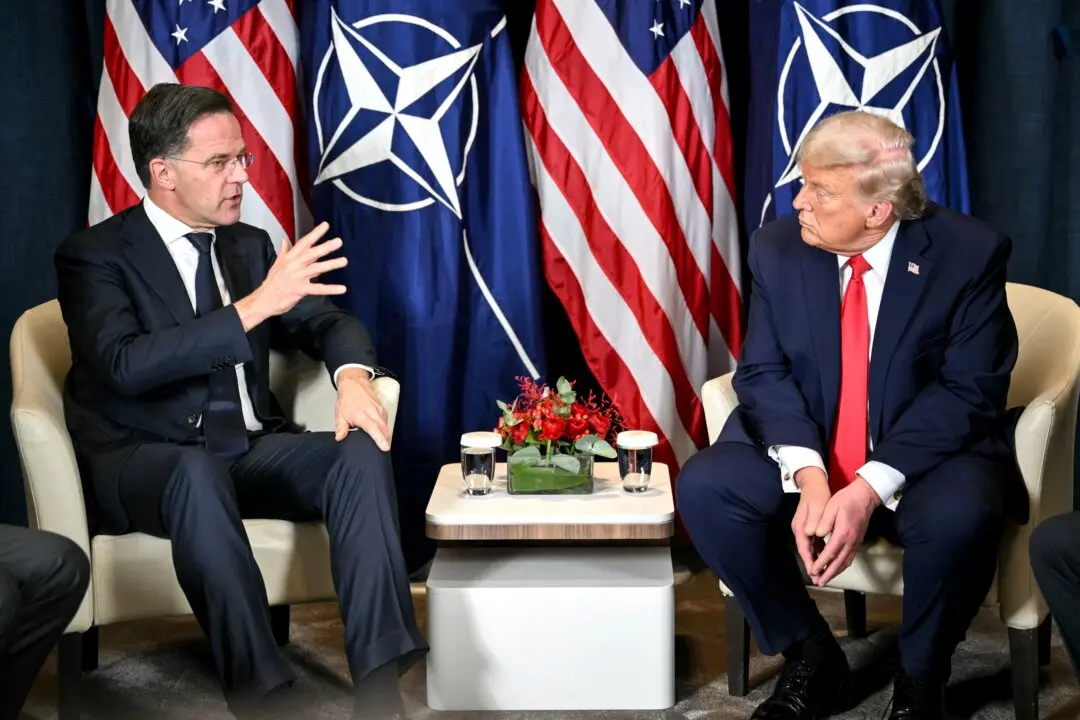Commentary
One of the important perspectives that is generally lacking in evaluating contemporary foreign policy crises is an adequate appreciation of the origins of these problems. There is general agreement that the wars in Ukraine and on the borders of Israel, and the tensions in the far Pacific, all meet the criteria of potential Great Power confrontations that must be approached and managed with care and prudence, as well as the severe humanitarian problems of any use of sophisticated weapons in and around civilian populations.





